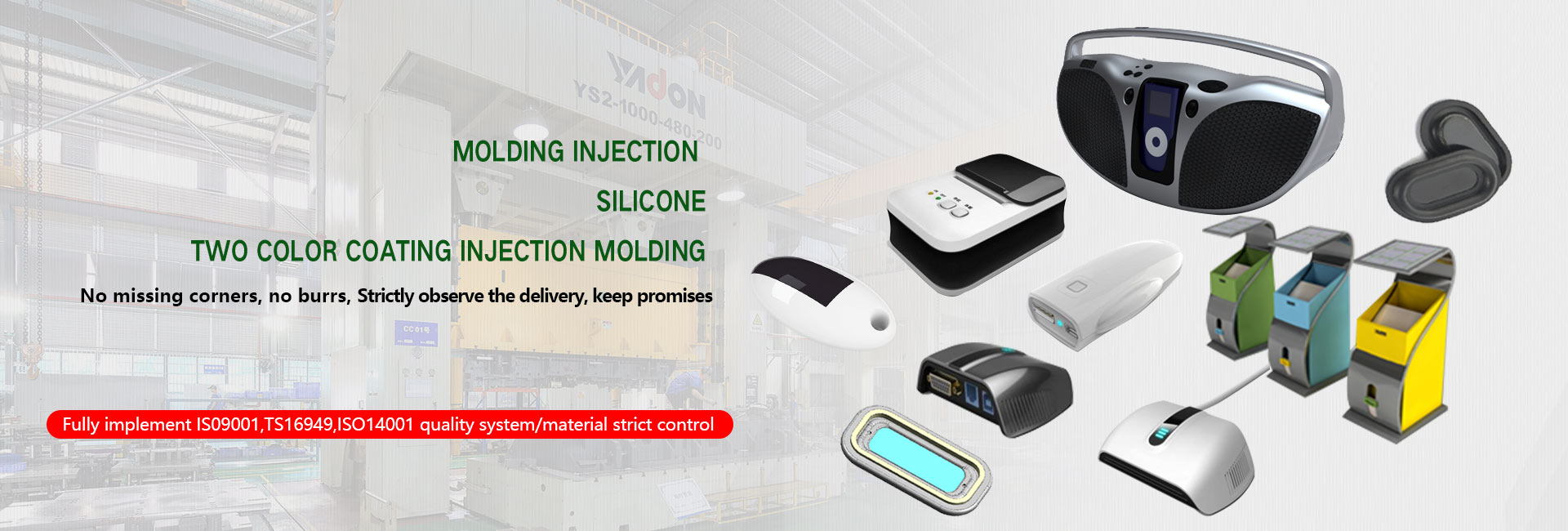News
Understand the sheet metal processing technology of precision machining manufacturers
The production process of metal plates provides power for the industry, and almost every type of customizer relies to some extent on the parts, specialized components, structures, or equipment directly generated from metal plate manufacturing. From large industrial structures and brackets to the most sensitive digital components, metal plates play a crucial role.
What is the sheet metal processing process? In precision machining manufacturers, sheet metal manufacturing is composed of almost as many individual processes and tools as the applications it serves. Their common goal, from laser cutting to stamping forming, is to convert a piece of metal material into a specific project. This can be achieved through various methods.
Bending Forming&The bending process in laser welded sheet metal utilizes unique tools such as bending machines to create U-bends, V-bends, and custom shapes from flat sheet metal. Folding, processing, and stamping are commonly used methods for bending or forming metal. Rotary bending and elastic body bending can create new shapes, even if the surface has been completed and refined, while punching is an example of precision manufacturing using molds.
The process of cutting sheet metal can involve various tools, from basic to advanced. Customized cutting of special alloys, precious metals, and especially hard materials typically requires the use of laser cutting. This process can improve the accuracy and efficiency of cutting products, as computer-aided programs can ensure the use of the most effective graphics.
Jointing is usually not possible when a part is created from a single, flat metal plate - some form of welding process or assembly must combine two or more separate parts together. Riveting, bonding, brazing, and welding are different methods for creating individual bound metal components.
Once a piece of metal is cut, formed, bent, or otherwise completed, it can be completed and protected with paint, powder coating, wire mesh, and other customized surface treatments. Some of these automated surface treatments aim to endow metals with unique properties such as additional strength, conductivity, corrosion resistance, or special chemicals.
Some materials are easier to process precision parts than others, making material selection an important step in any sheet metal manufacturing process. In addition to achieving the best final cost and performance matching, careful study of material selection by precision machining manufacturers can save a lot of money, time, and effort for the project. Material selection also helps to determine the best manufacturer for the project. Many custom parts manufacturers specialize in producing special materials or take pride in providing a complete set of services in one factory. Precision machining, precision forming, and laser cutting are only some unique services provided by professional manufacturers for precision tolerance sheet metal processing.
 sales@artm-group.com
sales@artm-group.com EN
EN CN
CN




